We challenge, change and champion thinking and practice to ensure sustainable health and care that is fit for the future.
Our latest publication
The Foundations for the Future Model of Health and Care in Wales
A timely blueprint for transforming health and care services in Wales, setting out an agenda to achieve a sustainable, high quality, equitable health and care system for current and future generations.

Bevan Commission Programmes Are Underpinned By The Four Principles Of Prudent Healthcare
Developed and tested by the Bevan Commission in 2013, the prudent principles sit at the heart of the Welsh Government’s long-term plan for a healthier Wales. The principles will help ensure that Wales and other nations have health and care systems that best meet the needs of their citizens.

ANEURIN BEVAN, NHS FOUNDER
INSPIRING THE WORK OF THE BEVAN COMMISSION

